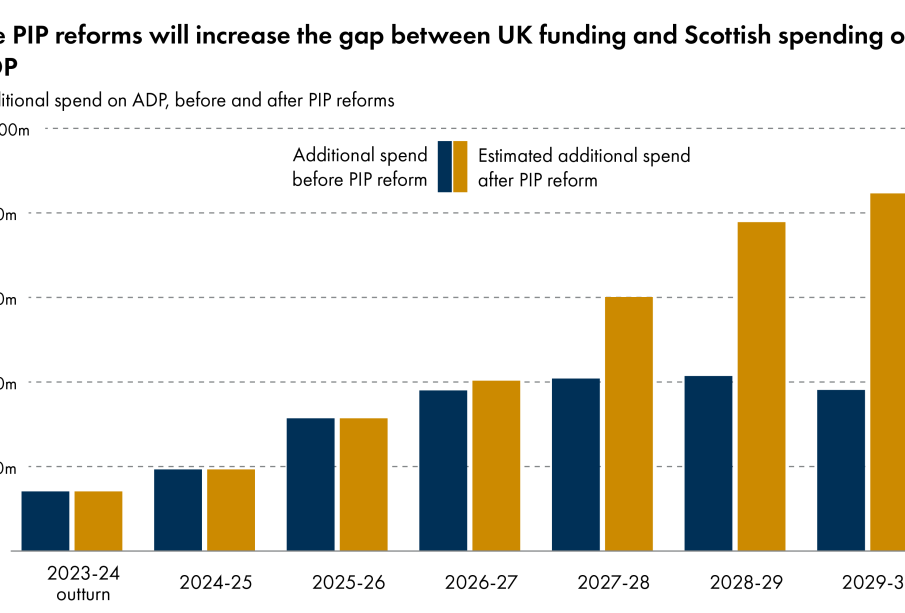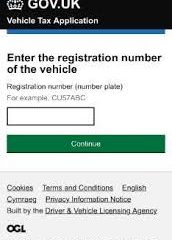Overview of Spring Statement PIP Changes 2023

Introduction
The Spring Statement, delivered by the UK Chancellor of the Exchequer, has significant implications for the Personal Independence Payment (PIP), a crucial financial support for those with disabilities or chronic health conditions. This year’s statement has introduced alterations aimed at improving the assessment process and the overall financial landscape for PIP recipients. Understanding these changes is vital as they directly impact the lives of individuals reliant on this support.
Major Changes to PIP in the Spring Statement
The Spring Statement 2023 has introduced several key changes to the Personal Independence Payment scheme. One of the most significant alterations is an increase in the payment rates for PIP, which are set to rise in line with inflation. The government acknowledged the economic pressures faced by individuals with disabilities and expressed its commitment to ensuring that support keeps pace with living costs.
Another important change pertains to the assessment criteria. The Chancellor announced a simplification of the assessment process for determining eligibility for PIP. Previous concerns highlighted that many applicants found the process overwhelming and disproportionately complicated. By streamlining these criteria, the government hopes to enhance accessibility and reduce waiting times for applicants.
Additionally, the assessment reviews will now account for a more comprehensive understanding of each claimant’s needs, aiming to reduce the frequency of reassessments. This change is expected to provide a sense of security for those struggling with ongoing health issues, as they might face less pressure to prove their eligibility repeatedly.
Impact on Recipients and Future Prospects
The adjustments made in the Spring Statement are anticipated to have a profound impact on PIP recipients. With increased financial support aligning with inflation, many individuals will find themselves in a better position to manage their daily living costs. The streamlined assessment process may also lead to a higher success rate among applicants who previously faced barriers during the evaluation process.
As the government continues to evaluate and refine the PIP scheme, it is crucial for recipients and stakeholders to remain informed about further developments. Analysts suggest that these changes might pave the way for more substantial reform in disability financial support within the next few years. Continuous advocacy and feedback from the disability community will be key in ensuring that the PIP remains fit for purpose and meets the specific needs of its users.
Conclusion
In summary, the Spring Statement 2023 has prompted essential changes to the Personal Independence Payment system, addressing long-standing concerns about financial support for disabled individuals. With increased payments and a revised assessment procedure, the government aims to foster an environment of support and accessibility. As these changes unfold, their significance will undoubtedly resonate among recipients, advocacy groups, and policymakers alike. Keeping abreast of future proposals will be crucial for all those involved.








